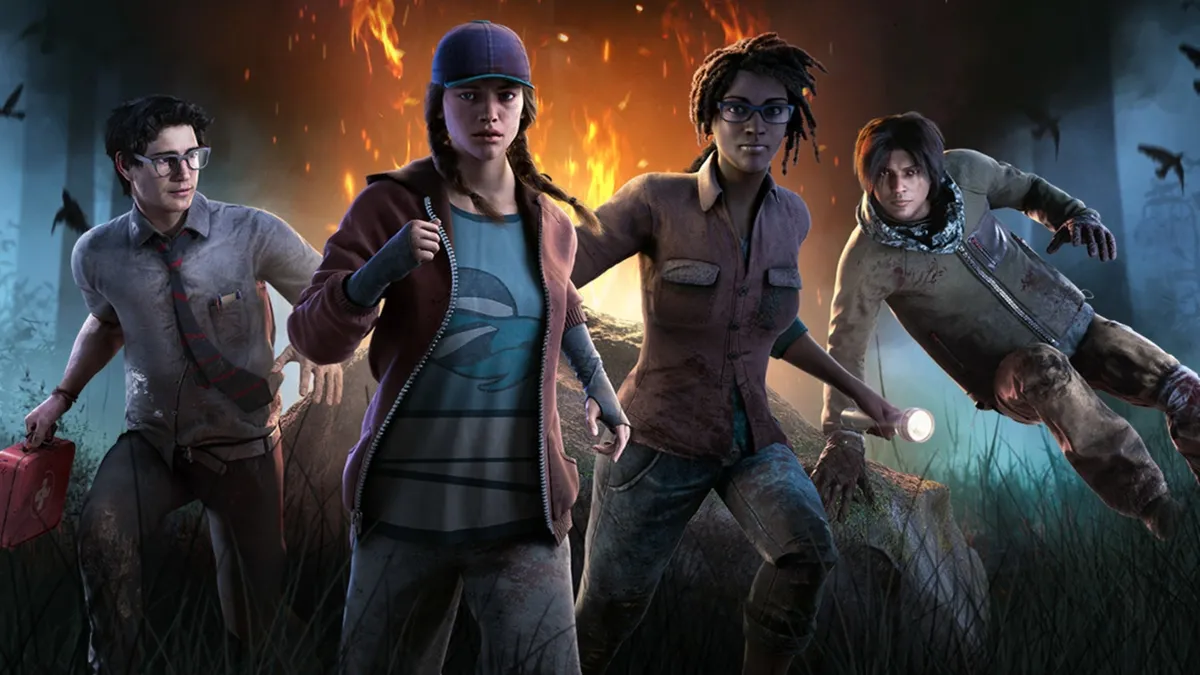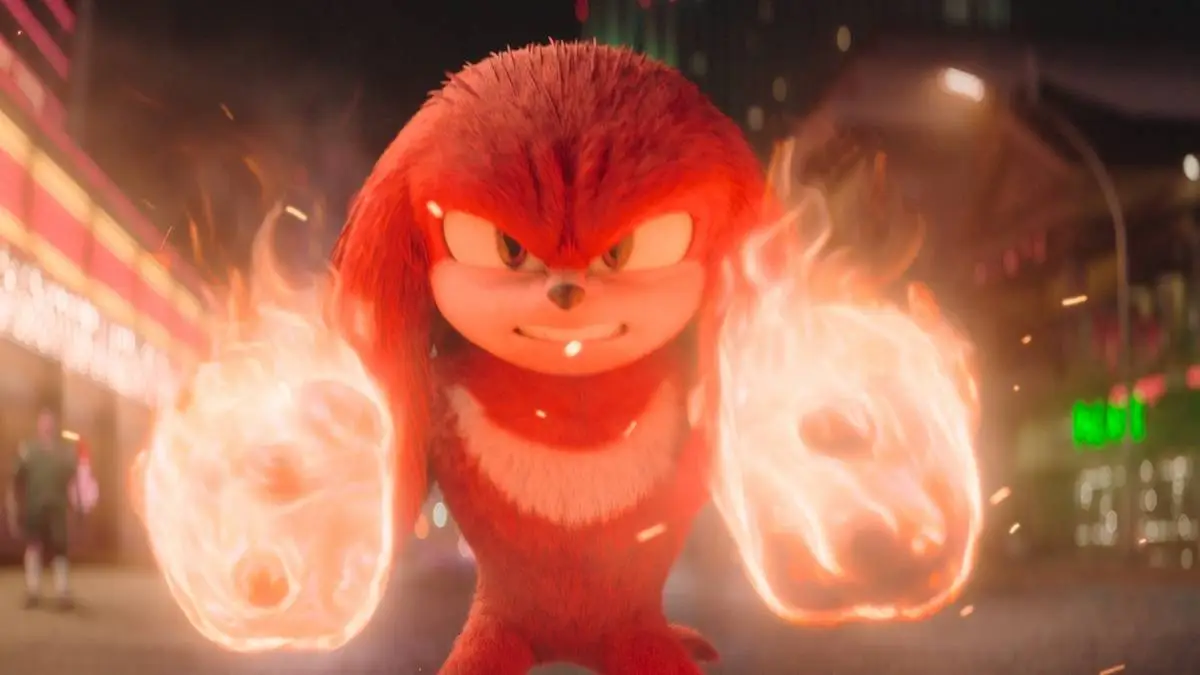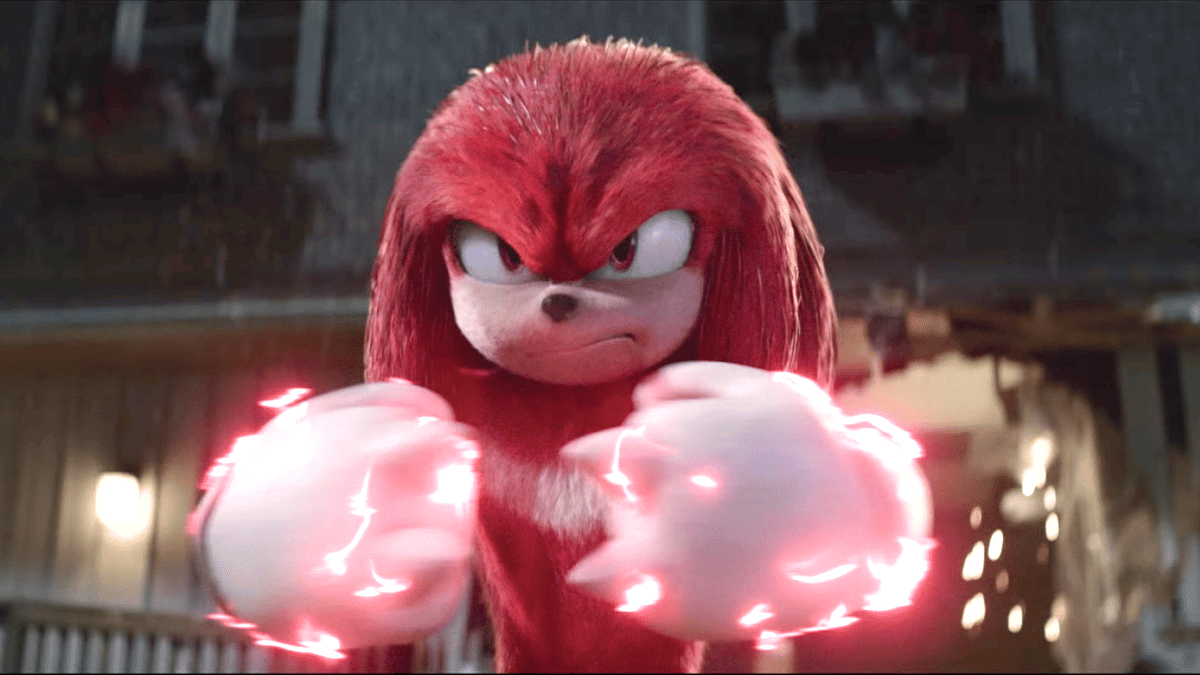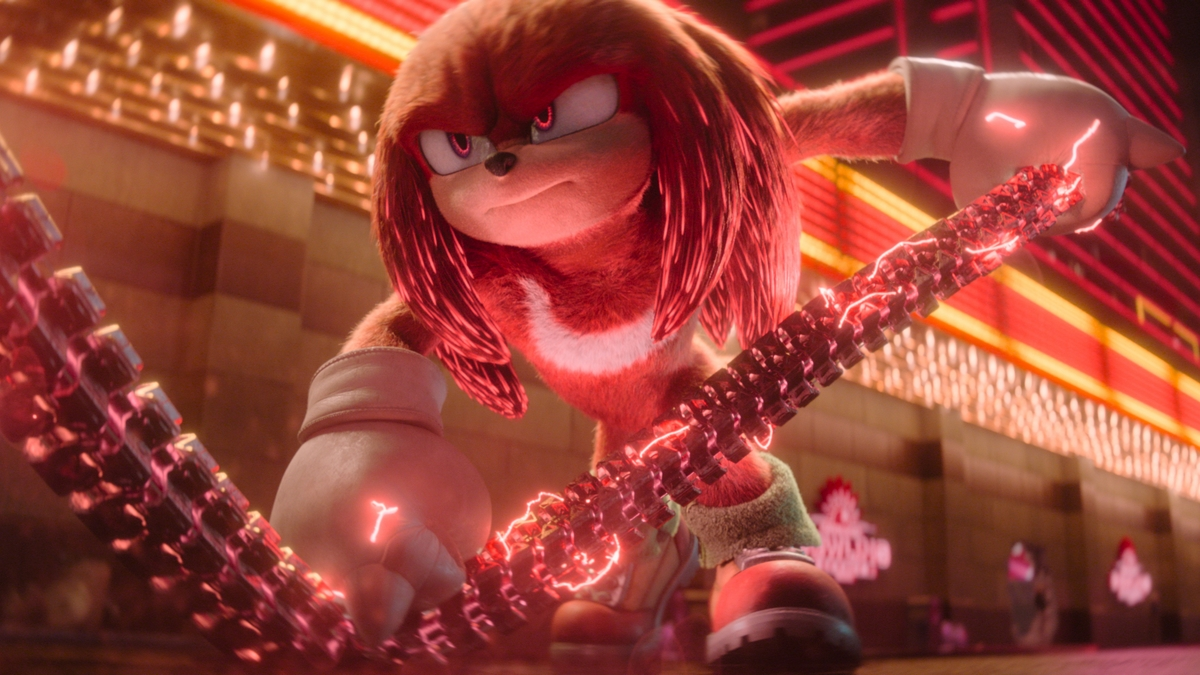Yes, I’m one of those highly obnoxious individuals who loved to tell you how absolutely wonderful developer Yu Suzuki’s game-changing action-adventure Shenmue was for the Sega Dreamcast. It didn’t matter if you couldn’t find the console in your area or you didn’t want to spend the money to track down a used copy of the game, I’d bend your ear to the breaking point about how this title changed the way I play video games. And I’d also implore you to find a copy of the sequel for the original Xbox, which would mean you’d have to invest in an entirely different console and find yet another used copy based on the recommendation of a die-hard fanboy. Thankfully, I no longer have to engage in any of those socially awkward activities, though it certainly took long enough for that to happen. Thanks, Sega.
After years of begging from fans who simply wouldn’t let this series die, Shenmue I & II are now available for the Xbox One, PlayStation 4, and PC, giving you absolutely zero reasons not to check this series out for yourself. But here’s the problem: After recommending this title for as long as I have, I’m worried that the experience might not live up to expectations, which myself and countless others have built to lofty (and possibly unattainable) heights. After all, the game feels pretty dated, and some younger gamers might feel that the crazy old guy who still plays video games in his forties has lost his edge. Don’t get me wrong — it still looks fantastic for a 20-year-old title, but the hard truth is that Shenmue and its sequel are pretty basic adventure games when compared to other, like-minded titles from his generation and the last. Still, that shouldn’t dissuade you from checking out a game many still consider the best of its kind.

Over the span of two epic adventures, players assume the role of Ryo Hazuki, a young man (with a mysterious Band-Aid on his face, no less) who is on a mission to locate the evil stranger responsible for murdering his father. Although this setup might sound like a recipe for non-stop action and thrills, in reality, the journey is a bit more chill, laid back, and ponderous. It takes a very long time for Ryo to discover who murdered his father, and he spends a lot of that time wandering through a small Japanese town picking the brains of his friends and neighbors, some of whom seem deeply and weirdly oblivious to the inner workings of their surroundings. In a place with less than a dozen streets, how can you not know your town has two different barber shops? The mind boggles, especially when this ignorance spreads to other areas.
With that in mind, if you’re going into Shenmue thinking you’ll get a quasi pre-Yakuza experience full of quirky side missions and random encounters with local thugs and delinquents, now is the time to temper those expectations. Yes, there are side stories, but they’re of the “buy a can of tuna to feed a homeless kitten” variety. And the few skirmishes you’ll find yourself involved in aren’t nearly as engaging as the Yakuza franchise. What’s more, a lot of these encounters unfold as quick-time events (QTEs), which you’ll either enjoy or dread with every ounce of your soul. I’m of the belief that the hatred for QTEs is a little misplaced (I never minded them, at least), especially when they’re handled carefully. There are several QTEs spread throughout Shenmue, though most of them do a great job of creating a cinematic situation the developers simply couldn’t achieve otherwise. Are they overused? Possibly, but they’re not overly difficult or show-stoppingly annoying.

What may turn off most people about Shenmue I & II is the games’ deliberate snail-like pacing. It takes a very long time for things to really start moving in the story, and a lot of that space in-between plot points involves literally waiting for time to pass so you can trigger an event that will move the journey forward. Thankfully, you can hang out in arcades and burn some time with throwback video games or blindly toss away your limited funds in the local casino. If you prefer a little more interaction, you can wander around town and talk to the countless residents so can get their perspective on your current quest objective — which usually boils down to them telling you they have no idea what you’re talking about. And if you really need something to keep you busy during your downtime, stalk the NPCs to see what they’re up to and where they live; the schedules they keep are actually kind of surprising. And as you follow them throughout every corner of the town, your mind will shatter when they don’t know where certain shops are — even though they often walk right by them!
In fact, prospective gamers should prepare themselves for plenty of mundane moments when they sit down with Shenmue I & II. While the sequel amps things up a little (but not much), the first installment has a tendency to focus on the humdrum aspects of Ryo’s daily life. Sure, feeding the stray cat and collecting cassette tapes can arguably fill your day with some form of entertainment, working at the docks and driving a forklift — and having to maintain a quota while continuing your murder investigation — will make you question why you’re bothering with this game in the first place. That said, there’s something about the experience as a whole that hooks you, even after your pay gets docked because you suck at driving a forklift. It sounds silly, but that’s the charm of Shenmue. It’s these smaller moments that deepen this admittedly generic revenge story. If we didn’t get to know Ryo and his pals, this experience wouldn’t be nearly as engaging.

While I have very fond memories of the first game — it’s actually the title that inspired me to start writing about video games back in the day — Shenmue II doesn’t hold up nearly as well, and it somehow feels more dated than the original. In fact, there were moments during my rushed playthrough that I just wanted the experience to end, mostly because I was growing tired of dealing with the first game’s tired formula without the oddball charm of Shenmue’s small-town life. There’s still a pretty good story tucked inside the sequel, but it doesn’t have the same allure as the original. It’s bigger in scope and ambition, but it feels somewhat hollow when compared to Ryo’s original adventure. Maybe it’s the story, or perhaps the first game’s locale was a character the developers simply couldn’t recreate in the follow-up. Whatever the case, it didn’t snag me, but I’m still beyond grateful that Sega has finally given the game a new life on other platforms. Emphasis on finally.
If you decide that Shenmue I & II deserves your attention, please keep in mind that the game is older than most Fortnite players. In other words, it’s suffering from some age-related problems. While some of the clunkiness and mechanics might seem a little silly and beyond dated to newcomers, Sega was breaking new ground when this extremely expensive adventure arrived on the Dreamcast many, many years ago. Gamers who didn’t experience Shenmue I & II during their original releases should frame these games in that context, and it’s important to take this into consideration before firing it up. People like me have been singing this franchise’s praises forever, and now you have the chance to check it out. Sure, it’s got a shiny new HD remaster and a handful of quality-of-life enhancements, but it’s largely the same game Dreamcast fanatics couldn’t stop hyping. For me, I still love Shenmue I & II as much as I did when I first discovered them, though Shenmue remains my favorite of the two. This collection isn’t a perfect experience, but its quirks, charms, weirdness, and idiosyncrasies definitely outweigh the dated mechanics. Now, if you’ll excuse me, I can finally retire my Dreamcast and shut up about it.
This review is based on the PC version of the game. A review copy was provided to us by Sega.






